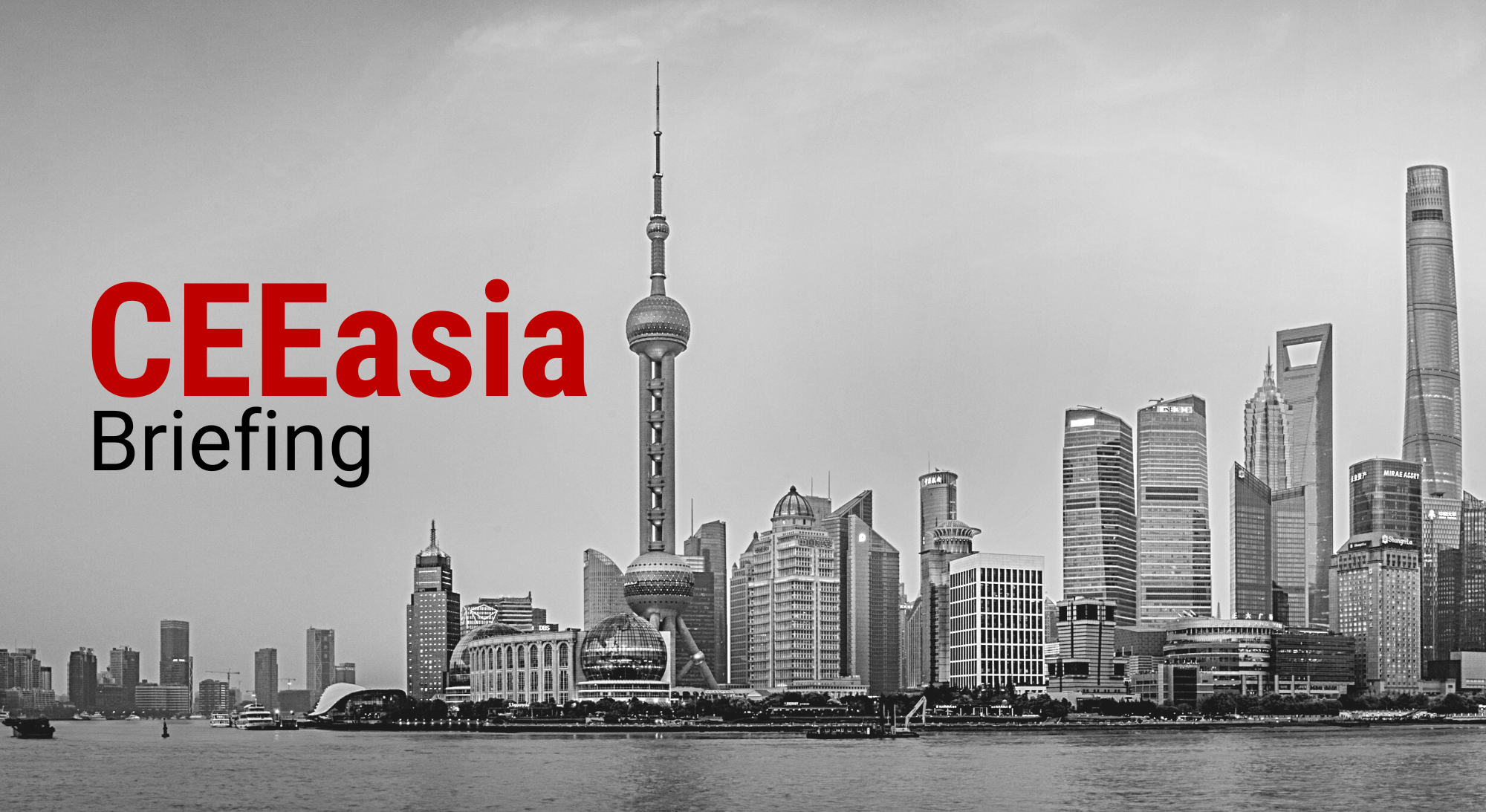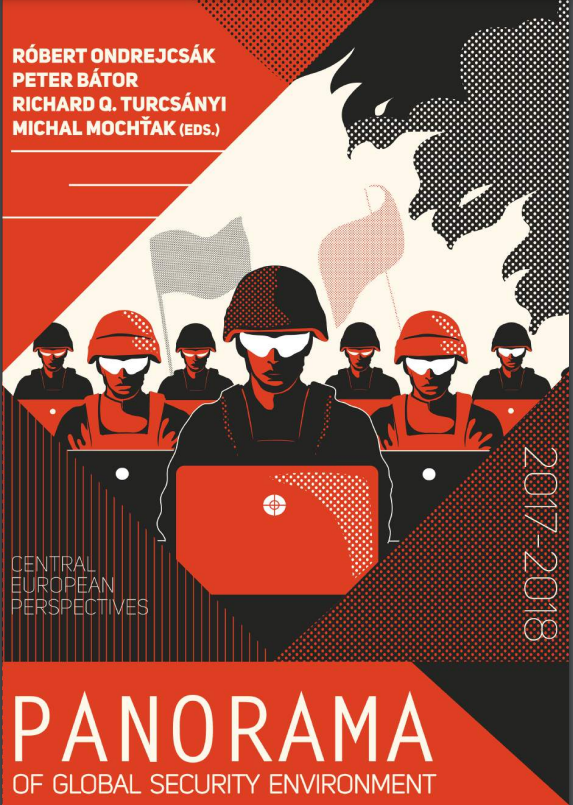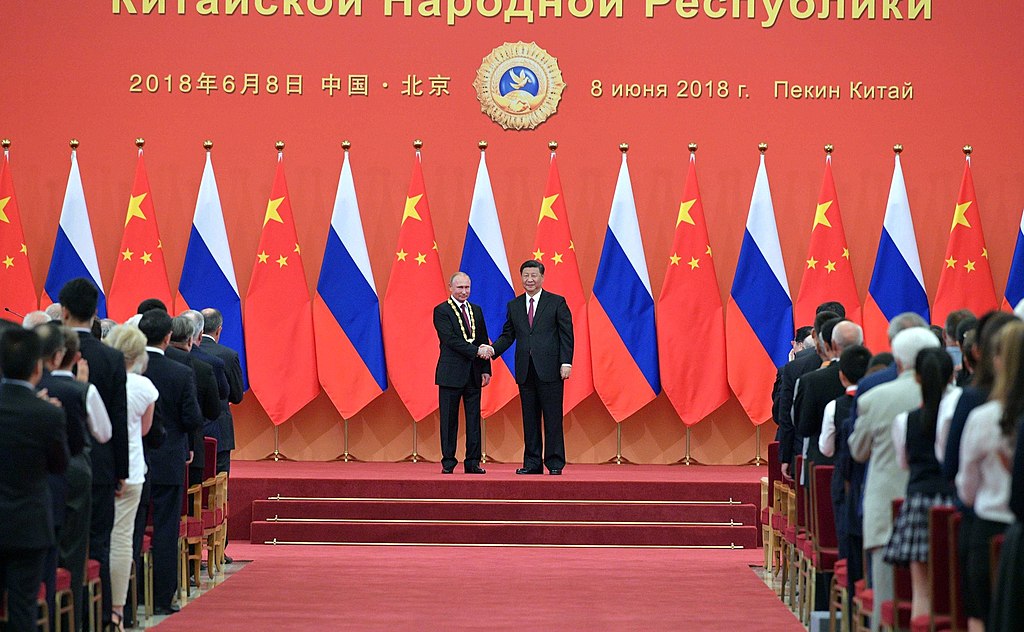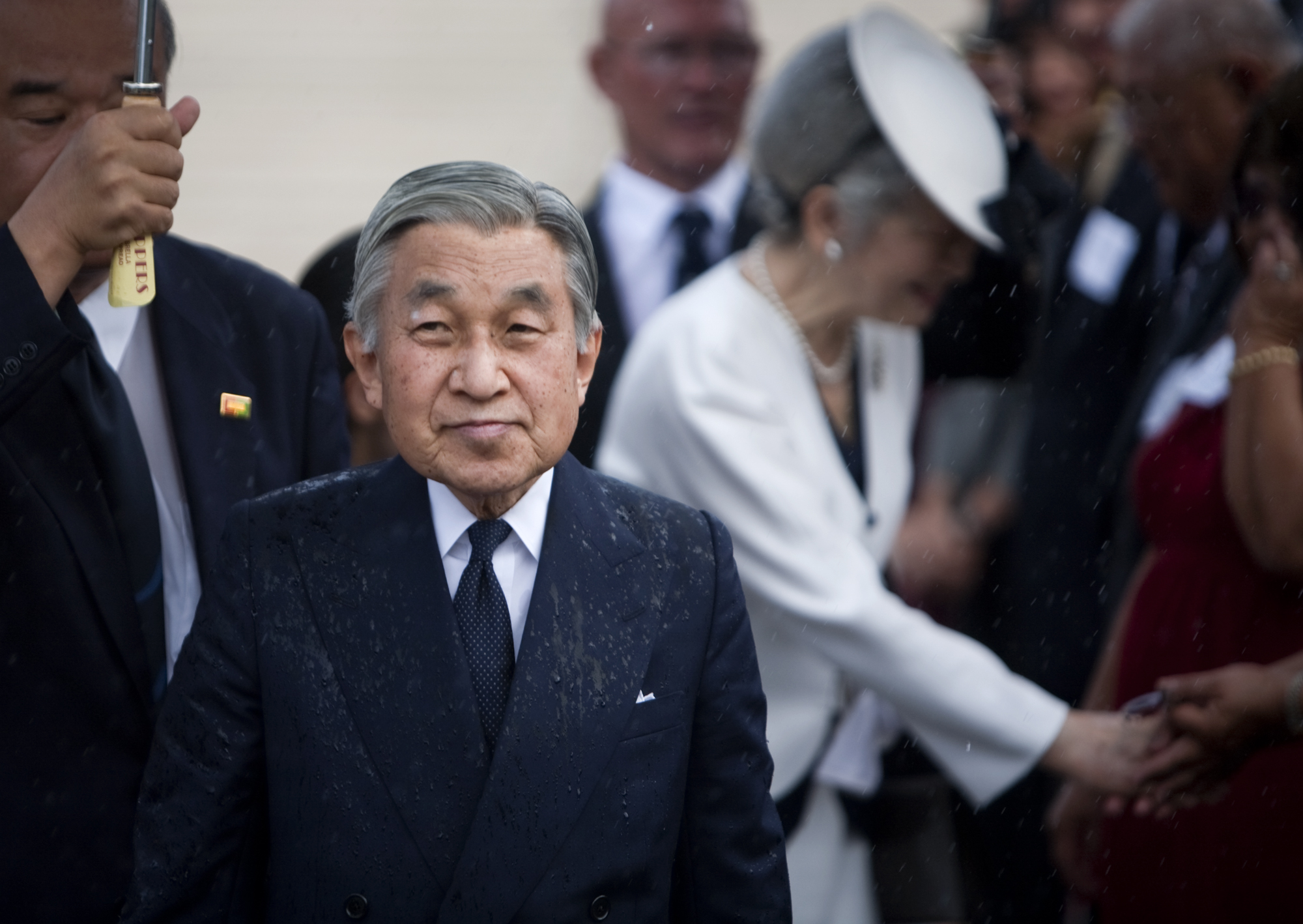Welcome to the 13th issue of the #CEEasia Briefing.
In this issue, we dissect the following topics:
- Criticism of CAI by Polish Foreign Minister
- Chinese request for an extradition of an activist from Poland
- Delayed 17+1 summit
- Slovakia and the democracies of North East Asia
- EU-India Summit in 2021
Polish Foreign Minister criticises Germany & CAI
What’s going on? Although the EU-China Comprehensive Agreement on Investment (CAI) was agreed in principle on 30th December 2020, several member states, most notably Poland and Italy, opposed the rushed conclusion of the negotiations. Poland’s Minister of Foreign Affairs Zbigniew Rau was one of the first to criticize the deal, voicing his concern about its potential to challenge a possible transatlantic rapprochement with the new Biden administration.

Going Deeper… In addition to concerns about the deal’s impact on EU-US relations, China’s weak human rights commitments, and President Macron’s questionable participation in a video conference of EU leaders with President Xi, Rau also questioned the legitimacy of the European Commission’s mandate to conclude the deal. He raised concerns about democratic practice and popular support for the mandate that was 7 years old by the time the negotiations wrapped up, referring to the several changes of governments that have since occurred at the levels of the individual member states.
This means… Rau’s criticism of Germany’s and especially Chancellor Merkel’s push to conclude the deal under Germany’s presidency of the Council of the EU reflects wider internal divisions within the bloc, whilst highlighting the dangers of the Franco-German engine for the EU’s unity. It also indicates that the opposition is moving beyond the realm of the European Parliament, with a seemingly increasing number of politicians, including government officials, waking up to the dangers posed by China’s geo-economic strategy in Europe and the EU’s ‘geostrategic naivety’.
Further reading:
Politico: Germany’s drive for EU-China deal draws criticism from other EU countries
Euractiv: China investment agreement and the golden calf of EU unity
IISS: The EU–China deal: geostrategic naivety or calculated opportunism?
Extradition of an activist from Poland to China barred
What’s going on? The Supreme Court of Poland has barred extraditing a Swedish national of Chinese origin to China for trial. The case of Li Zhihui, who was detained on an Interpol notice in Warsaw in 2019 and demanded by China over financial crimes, has attracted the attention of human rights advocates and the Swedish government as he is an active member of the Falun Gong movement that has been banned and suppressed by Beijing since the late 1990s.
Going deeper… Given Li’s involvement in Falun Gong, his safety and risks of unfair trial and ill-treatment have been the main concern in respect of his extradition to China which was initially allowed in Poland by a court last fall. After the pressure from the representatives of non-governmental organizations defending human rights and the Swedish authorities, the case was lodged by the Polish Ombudsman and ordered by the Supreme Court for re-examination.
Bigger Picture… China’s requests to extradite dissidents, refugees, and crime suspects have become a widely discussed topic, particularly in the light of the Hong Kong protests. The decision of Poland’s highest court once again draws attention to the human rights violations in China. In light of the recent in-principle conclusion of CAI negotiations, the decision helps to reinforce the criticism of the investment agreement by actors concerned that the EU is failing to address forced labor or crackdowns on political and religious freedoms in China.
Further reading:
Rzecznik Praw Obywatelskich: Chińczyk z obywatelstwem Szwecji ma być wydany ChRL. Kasacja RPO
Bloomberg: Poland Court Considers Sending Falun Gong Follower to Trial in China
SCMP: China and European ‘17+1’ nations ‘revive summit plans, aiming for February’
17+1 summited likely in February
What’s Going on? The 17+1 summit which was initially supposed to take place in April last year is now scheduled to take place virtually on 9 February. Chinese President Xi Jinping is expected to be heading the meeting between China and 17 countries across Central and Eastern Europe.
Going Deeper… According to diplomatic sources, the agenda of the summit is still in the works given its virtual nature. Given this, it is also expected that traditional bilateral meetings between the countries’ premiers are this year unlikely. The summit thus loses much of its allure, as the bilateral meetings are often touted by diplomats as the most beneficial aspect of the platform.
The planned summit comes at a critical time for both the EU-China and EU-USA relations. One of the most prominent issues of discussion will probably be the recent conclusion of the EU-China Comprehensive Agreement on Investment (CAI) that has been criticized by several European countries. The summit is planned to happen shortly after the presidential inauguration of Joe Biden. A swift organization of the meeting suggests that Chinese leaders want to reinforce their position in the region before the Biden administration can swoop in and start working on repairing damaged relations after four years of the Trump mayhem.
But wait a minute! The summit was by many perceived as an opportunity for China to revive its influence in the CEE region after hopes of economic benefits by many CEE countries were dashed by unfulfilled Chinese promises. For the moment, the summit appears to be loosely organized and its virtual aspect probably means that as such will probably be even less fruitful than in the past.
Further reading:
SCMP: China and European ‘17+1’ nations ‘revive summit plans, aiming for February’
Slovakia and the democracies of Northeast Asia
What’s going on? A new policy paper by CEIAS points to a considerable, yet untapped, potential in relations between Slovakia and East Asian democracies – Japan, South Korea, and Taiwan. The authors of the paper map the quality of bilateral relations at the economic, political, and people-to-people levels. They focus primarily on the last decade (2010-2020). As it turns out, there is a need to raise awareness of the significant relations between Slovakia and its democratic partners in the East Asia region, which should subsequently be reflected in closer economic cooperation and strengthening of political ties.
Going deeper… Cooperation with the three East Asian democracies is based primarily on economic relations. South Korea, thanks to KIA, is the most important non-European investor in Slovakia. In terms of economic significance, it leads in all measured indicators – taxes paid, the number of jobs created, the volume of investments. Although Japan, as the second most important Asian investor, lags significantly behind South Korea in all indicators, Japanese companies still employ around 13,000 people. Taiwanese companies in Slovakia pay more in taxes than Chinese companies, yet the political and social debate on relations with East Asia is reduced to relations with China. According to a media analysis, since 2013. references to Sino-Slovak relations have been more frequent than references to the other three countries combined. However, this does not correspond to the level of political and economic relations. Nor does it reflect the perception of Asian states by the Slovak public with positive sentiment in the case of democratic states.

This means… Trends in mutual relations create sufficient opportunities for their further development. In addition to the automotive, electric engineering, and engineering industry, the cooperation in the area of ICT, waste management, or green technologies also appears promising. In this regard, the authors of the document prepared recommendations that reflect the absence of strategies for key areas of cooperation with East Asia, domestic expert capacities, or an insufficient level of Slovak public diplomacy. It will also be necessary to intensify meetings at the political level, which will, however, be linked to delegations of entrepreneurs-potential investors. This is proving to be key to leveling the existing trade imbalances.
Further reading:
CEIAS: Slovakia and the democracies of Northeast Asia: Partnerships rooted in values
India-EU summit proposed for May 2021
What’s going on? The 16th India-EU Leaders’ summit is to be held in Portugal in May 2021. The EU Chief Ursula von der Leyen said that the commission is interested in deepening ties with India as it aims to “revive the transatlantic relationship”. India is also pursuing separate free trade agreements (FTAs) with both the UK and the EU, making it an increasingly important player in Europe.
Going deeper… The summit comes as India and many European capitals are enhancing their cooperation. In December, a virtual meeting was held between Indian External Affairs Minister and the Spanish Foreign Minister. Indian Prime Minister Narendra Modi also held a virtual summit with his Italian counterpart Giuseppe Conte, inking 15 pacts and finalizing an ambitious plan to expand bilateral ties. In late October, the Indian Foreign Secretary visited France, Germany, and the United Kingdom. And most recently, the Netherlands released a policy document defining a new strategy for the Indo-Pacific region. France has also released its own strategy for the Indo-Pacific, which stresses that the “security of the Indo-Pacific is a strategic challenge”. Similarly, German Foreign Minister Heiko Mass, echoed the same sentiment while discussing the recent German Government’s policy guidelines on the Indo-Pacific, stating that the “shape of international order will be decided” in the Indo-Pacific region.
This means… There is a growing recognition among EU countries of the importance of the Indo-Pacific and the EU-India relationship to Europe’s security and prosperity. Moreover, it is important to note that the EU is one of the most important investors in India. The European Investment Bank is expected to further invest €550 million in India’s Pune and Bhopal Metro Rail Projects.
Further reading:
ZeeNews: 16th India- EU summit proposed for May 2021 in Portugal
The Week: What’s the impact of Brexit on India?
Indian Council of World Affairs: India, EU and the Indo-Pacific: Exploring Vistas of Cooperation







